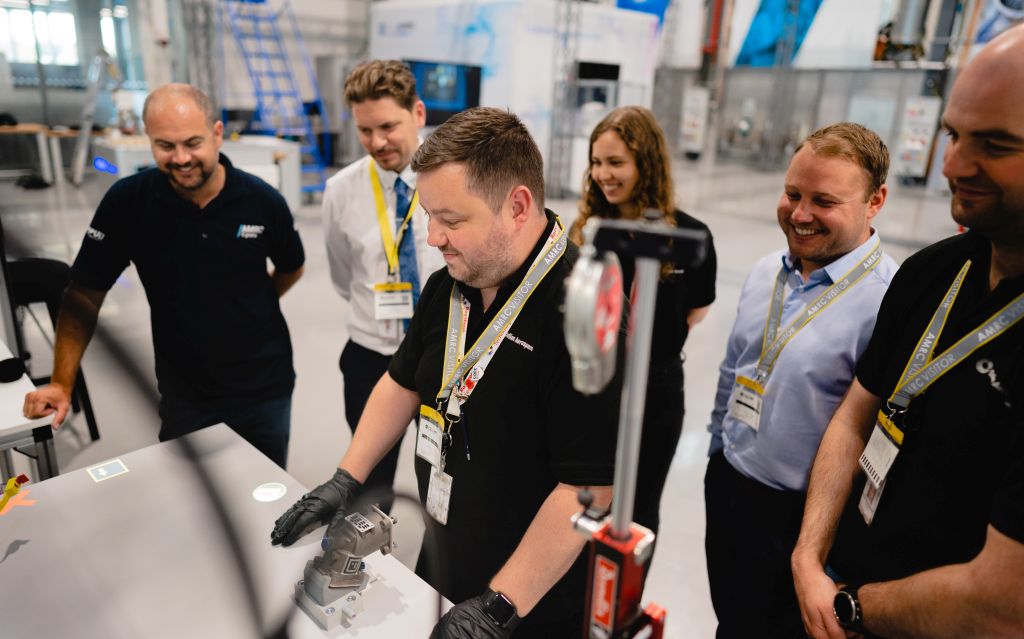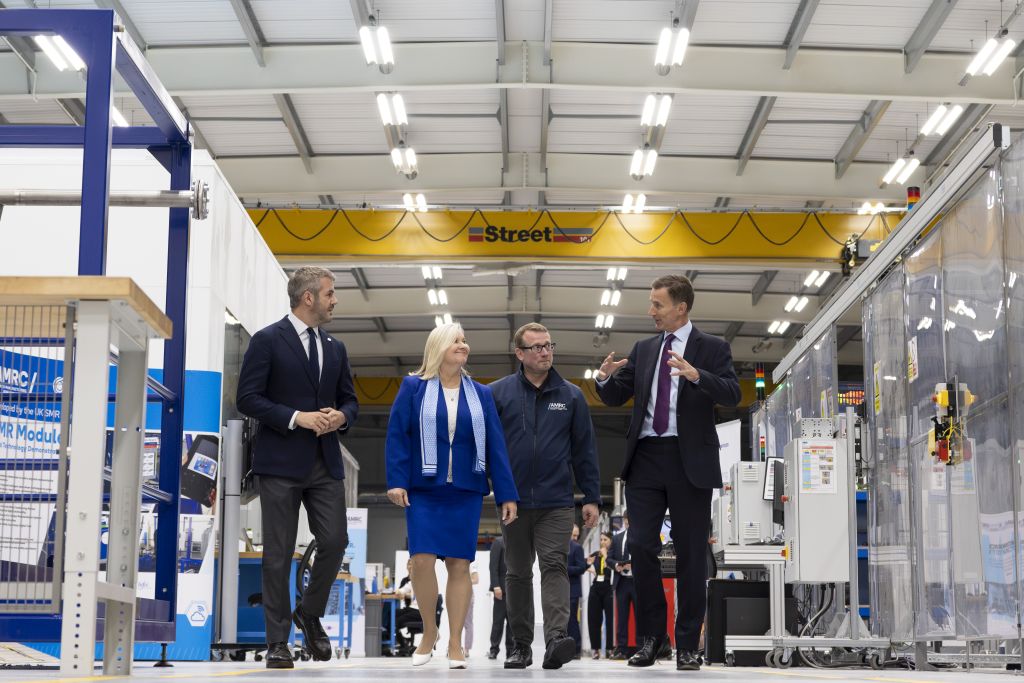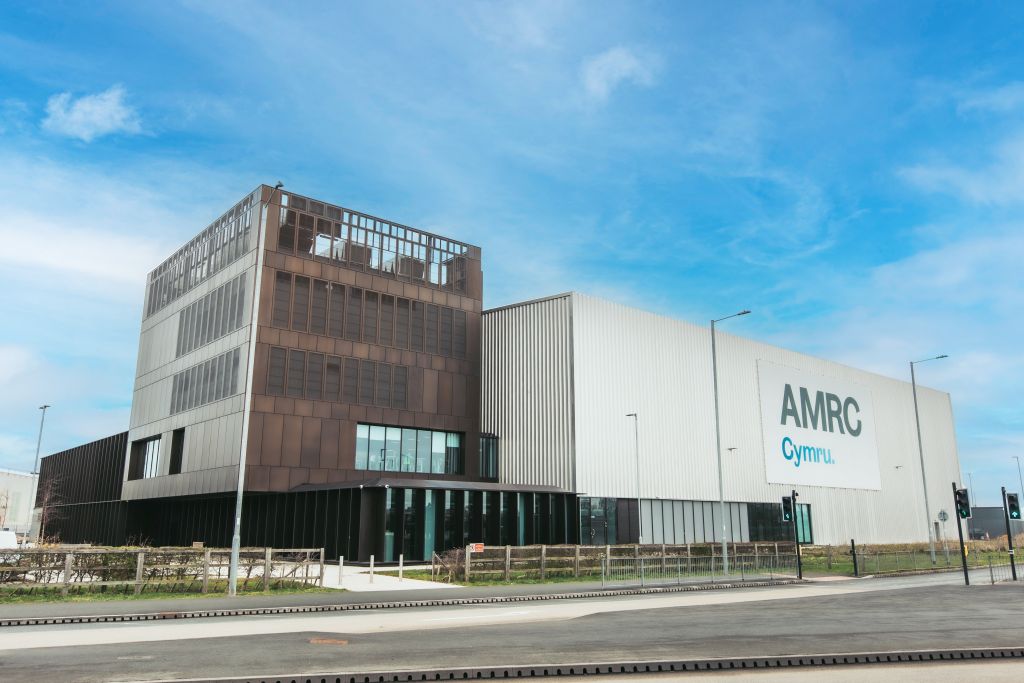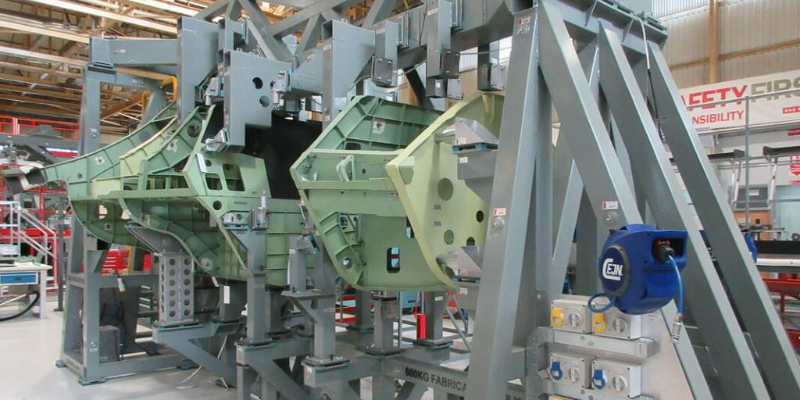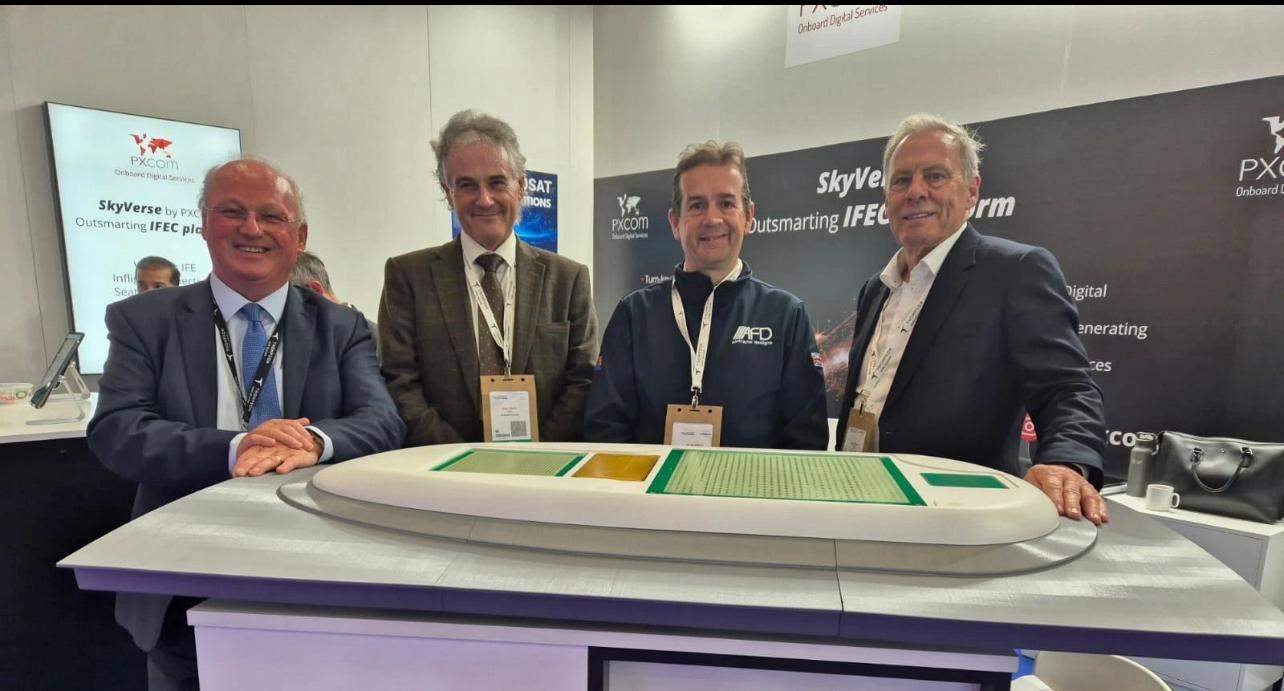
AMRC to become world leader in new sustainable materials
30th Oct 2023 | In News | By Mike Richardson
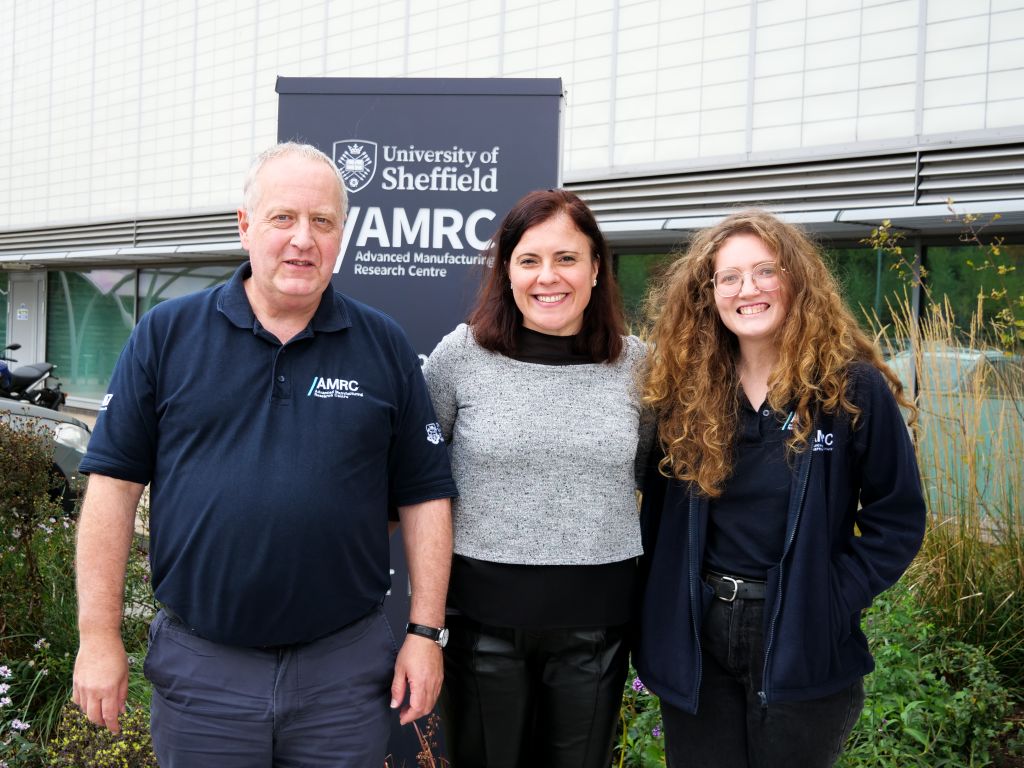
The University of Sheffield Advanced Manufacturing Research Centre (AMRC) has secured funding for a new capability, the first-of-its-kind in the UK, to research and develop novel fibre reinforced thermoplastic tapes.
These recyclable materials have the potential to transform sustainability in composite manufacturing. The Multipurpose Fibre Reinforced Thermoplastic Tape (FRTT) Development Cell is being funded by a £1.7m grant from the Engineering and Physical Sciences Research Council, which is part of UK Research and Innovation.
It will mean South Yorkshire becomes the home of world-leading research into sustainable thermoplastics composites, regarded as a vital material of the future due to its ability to be recycled, re-moulded and reused time and time again.
With the drive towards net zero, manufacturers are looking for environmentally friendly materials to save energy, reduce waste and improve efficiency. Fibre reinforced thermoplastic tape (FRTT) is an intermediate composite material which ticks all of these boxes.
Dr Gary Foster, technical fellow at the AMRC, said: “Thermoplastics take less energy to process than existing thermoset composites. They are easier to automate, easier to work with and easier to recycle. This intermediate composite material has an infinite shelf life because you can reheat it and re-mould it many times.”
FRTT is highly flexible and adaptable, so it’s easier to make parts at exactly the right shape and size, leading to reduced waste. It can also be stored at room temperature, unlike existing thermosets which usually need to be kept in a refrigerator.
There is increasing use of FRTT across many sectors, with huge potential for growth. In aerospace, it has been used for small aeroplane parts and substructures including clips and brackets and could be used for larger parts like wings. In the automotive industry, there is interest in using it to manufacture door panels, wheel components and bulkheads. And in the renewable energy sector, FRTT could be used to make turbine blades for offshore wind farms.
With a forecasted market increase of 184% for semi-finished products (only part of the overall market for FRTT), the need for research in this area is apparent. The new cell at the AMRC, which is part of the High Value Manufacturing (HVM) Catapult, will help the UK compete globally in this area.
Dr Clara Frias, head of the Composite Centre at the AMRC, said: “When we look at the thermoplastic composites landscape, the UK already leads research and innovation in several areas in composite manufacturing and polymer science. The lack of research in thermoplastic composites in the UK is a missed opportunity which needs to be filled. Currently the key automotive and aerospace players go abroad to outsource this kind of work.
“This cell is the first of its kind in the UK and it will position us on a path to become world leaders in the research of sustainable intermediates for thermoplastic composites.”
The knowledge gained from the cell will be available to researchers from other UK universities and major industrial partners such as Boeing and GKN, alongside the hundreds of smaller businesses the AMRC works with every year.
Foster said: “Big manufacturers and SMEs have supported the bid to win this funding, and we also have a raft of universities on board. The cell will be open to everyone.”
Frias said: “It’s the first time the AMRC has secured this kind of funding. It shows how we are closing a loop and fulfilling the needs of industry. With this project, we’re bridging the gap between academia and industry more than ever.”
Consider a free digital subscription
If you find this article informative, consider subscribing digitally to Aerospace Manufacturing for free. Keep up to date with the latest industry news in your inbox as well as being the first to receive our magazine in digital form.


